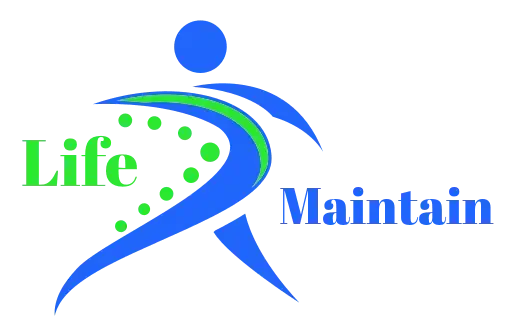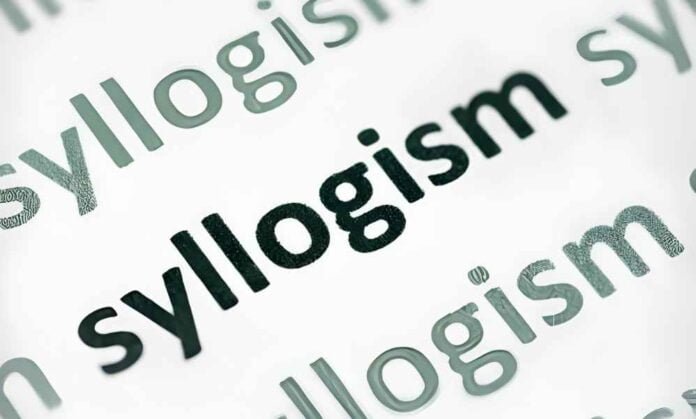Syllogism, a core component of logical reasoning, is a powerful tool for students striving for academic excellence. This method of deductive reasoning presents a subtle yet profound way to develop critical thinking skills, essential in various fields of study. The current academic environment values critical analysis and logical thinking, and mastering syllogism can be a game-changer. It equips them with the ability to dissect complex information and present it in a clear, logical manner, thus enhancing their learning and comprehension skills.
Enhancing Critical Thinking Through Structured Arguments
Deductive reasoning, the foundation of this logical structure, involves deriving specific conclusions from general premises. For students, this means developing the ability to start from a broad concept and logically arrive at a more specific, often nuanced understanding. Students can significantly improve their critical thinking capabilities by regularly practising this form of reasoning. This skill is invaluable not only in subjects like philosophy and mathematics but also in everyday problem-solving scenarios. It helps in nurturing a structured way of thinking that is beneficial in academic research and writing.
Applying Logical Techniques in Problem Solving
The application of this logical method extends beyond philosophical arguments. In subjects like mathematics, science, and even language arts. Its principles can be used to form coherent, logical arguments or solve complex problems. For instance, in mathematics, students can use these techniques to prove theorems or solve intricate problems by breaking them down into simpler, logical steps. In science, it aids in hypothesising and drawing conclusions based on experimental data. Furthermore, in language arts, understanding the structure of arguments. They can enhance critical reading and comprehension skills, enabling students to engage more deeply with texts.
Strategies for Enhancing Comprehension and Retention
One of the key benefits for students is improved comprehension and retention of information. By structuring knowledge logically, students can create a strong foundation of understanding upon which additional information can be built. This not only aids in grasping new concepts but also ensures that the information is retained for longer periods, which is particularly beneficial during examinations. This approach promotes active learning rather than rote memorization, leading to a deeper and more meaningful educational experience. It also encourages students to connect different concepts, fostering a more holistic understanding of their subjects.
Developing Persuasive Writing and Speaking Skills
Mastering this logical structure is not limited to enhancing analytical skills; it significantly contributes to developing persuasive writing and speaking abilities. Students learn to construct arguments that are both sound and compelling. A highly valuable skill in many academic and professional fields. Whether it’s writing essays, participating in debates, or presenting ideas. The ability to argue logically and persuasively is a key to success. This skill is particularly useful for humanities and social sciences students. Where argumentative writing is a staple. It also enhances public speaking skills, as students learn to present their ideas in a coherent, structured manner.
Facing Complex Arguments with Ease
Finally, students who become adept at this form of logic are better equipped to navigate complex arguments and identify flaws in reasoning. By dissecting arguments and identifying their underlying premises and conclusions, students can avoid common pitfalls of faulty reasoning and make well-informed decisions. Syllogism This skill is invaluable not just in academia but also in everyday life, as it helps students in discerning the reliability of various sources of information. Moreover, it prepares them for future professional environments where critical thinking and problem-solving skills are highly prized.
In conclusion, syllogism is an academic concept and a vital skill for students aiming for academic success and beyond. By incorporating these logical techniques into their study habits, students can enhance their reasoning, problem-solving, and persuasive communication capabilities. As they continue their educational journey, these skills will prove invaluable in achieving their academic and professional goals.

